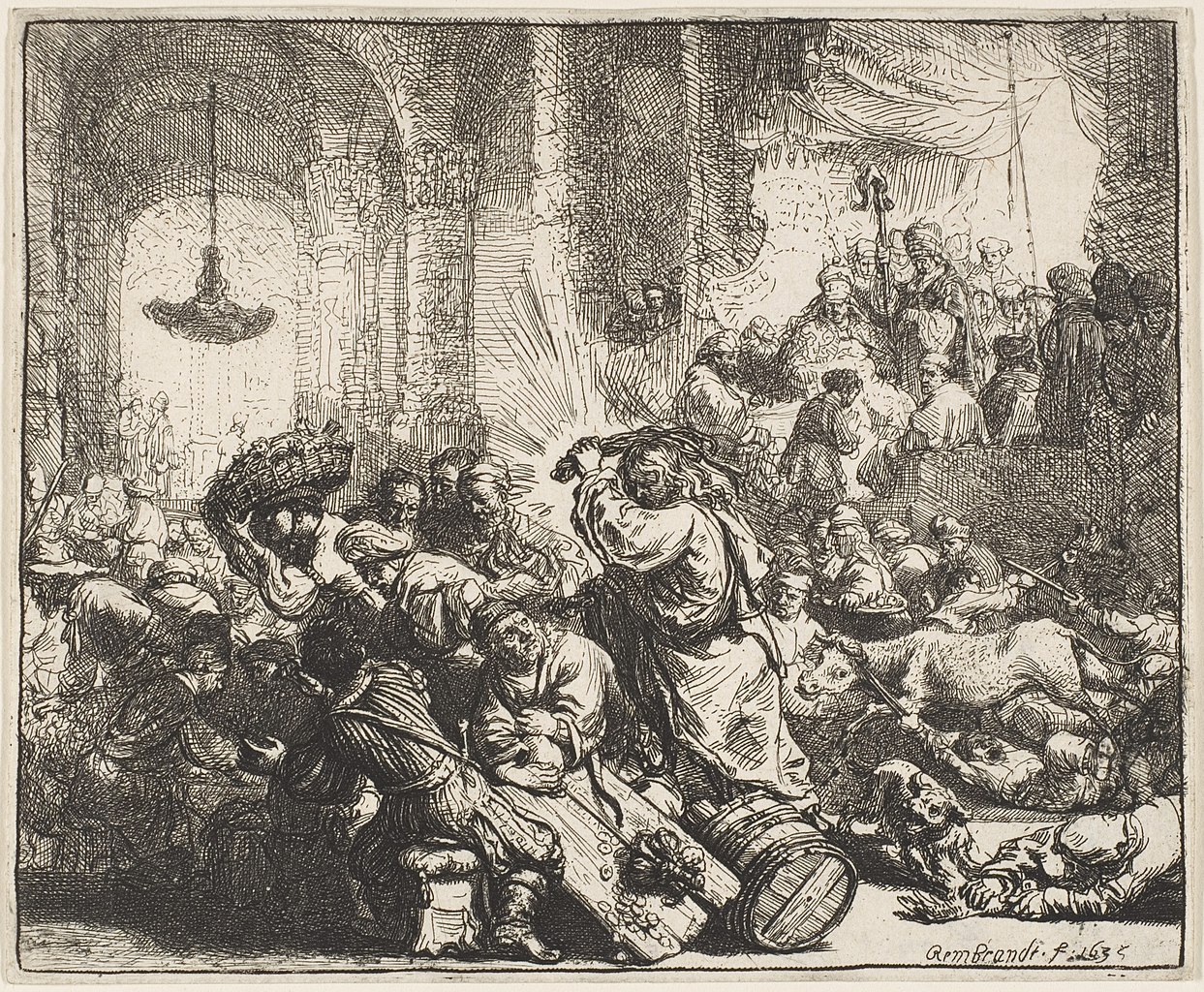God Does Not Hate You

What a terrible thing it is to have hatred for someone else, both for the one who gives it and the one who receives it. Whenever something annoys or antagonizes us—we hate it. If people disagree with us or they don’t meet our predetermined standard of what is appropriate—we hate them. Consider just how much of the world’s population has a strong animosity toward one another at any given time. God Himself and His Son do not always fare well either! Ask every tenth person or so walking on a busy street in a large city what they think about God or Jesus, and very likely they will display a great deal of animosity toward either of them!
His love is totally unselfish and encompasses our whole being. God never wants to hate any of us.
Yet God does not hate us. It is against His very nature to hate His own creation. God’s love for us is so great that it is beyond measure, far greater even than the kind that we have for our own family, friends, or spouse. His love is totally unselfish and encompasses our whole being. God never wants to hate any of us.
You may wonder how this is possible when we have madmen like Hitler and others throughout history who committed horrible atrocities. How about the period in history when God flooded the whole planet and destroyed almost all of the human race? (See Genesis 6 and 7). Then there was the time Jesus knocked down the tables of the merchants in the Temple in Jerusalem (See Matthew 21:13,14). Surely there must have been some hatred by God in each of these cases!
Our deliberate, willful sin is what He hates.
Actually, there was a form of hatred in both of these examples and many more like them, because what God does hate is sin and rebellion against Him. When we are determined to resist or defy Him, and continue to do things our way, in a manner that we think is right, then He will be forced to bring forth judgment. Our deliberate, willful sin is what He hates.

But God only demonstrates the righteous kind of hatred. Jesus exclaimed, “My house shall be called the house of prayer; but ye have made it a den of thieves” (Matthew 21:13) when He drove out the vendors in the Temple in a display of His hatred for their irreverent actions toward His House. And He no more wanted to destroy the people of Sodom and Gomorrah than He did most of the entire population of the earth through a flood (see Genesis 6, 7, 13, 14). But He was forced to act and go to these extremes because of their hatred for Him and what is right. Loving parents don’t want to be angry with their children, and likewise God does not desire to be angry with us. He wants our full obedience to Him instead, because He always knows what is best for us. “…His anger endureth but a moment; in his favour is life…” (Psalm 30:5).
He has never wanted people to hate each other or live a reckless life. These are all byproducts of sin, which became rampant in this present world following one sinful act of disobedience by Adam and Eve.
God also takes no pleasure in seeing us banished to hell for all eternity. He does not desire for us to be in a state of grief, despair, worry, or confusion either. He has never wanted people to hate each other or live a reckless life. These are all byproducts of sin, which became rampant in this present world following one sinful act of disobedience by Adam and Eve.
The Bible tells us, “…thou, O Lord, art a God full of compassion, and gracious, longsuffering, and plenteous in mercy and truth” (Psalm 86:15).
“The Lord is merciful and gracious, slow to anger, and plenteous in mercy. He will not always chide: neither will He keep His anger for ever. He hath not dealt with us after our sins; nor rewarded us according to our iniquities [evils]. For as the heaven is high above the earth, so great is His mercy toward them that fear Him.”
Psalm 103:8-11

How thankful we should be that God is merciful, gracious and compassionate toward us, even when we sin. We may display hatred toward God, each other, and every other thing on earth, but God does not hate us. He only hates our complete disobedience and rebellion against Him. He deeply loves us and made it known by sending His only Son to this earth to willingly die for our offenses against Him. A Divine Being could never have hatred toward His creation and simultaneously exhibit such mercy. That is why He sent His Son to redeem us from sin through His sacrifice on the cross over two thousand years ago. He took our place and paid the penalty we owed for our sins. He thereby freed us from the bondage and stronghold of sin on our life. No longer are we destined to live in hateful disobedience to God because of our inbred inclination to do sinful things. Jesus said, “Greater love hath no man than this, that a man lay down his life for his friends” (John 15:13).
Only after we leave our rebellious ways and give ourselves over to God will we find true peace and joy.
Therefore, instead of going to great lengths to distance ourselves from God and ultimately cause misery, disgust and animosity toward those around us, we need to turn to Him. Only after we leave our rebellious ways and give ourselves over to God will we find true peace and joy. If we will yield our heart to God, we can avoid His hatred and judgment of our sinful way of life. If we will “Draw nigh [near] to God,…He will draw nigh to you…” (James 4:8).
[Additional image credits: Featured image (when applicable) OpenClipart-Vectors on Pixabay; Opening photo by RODNAE Productions on Pexels]




